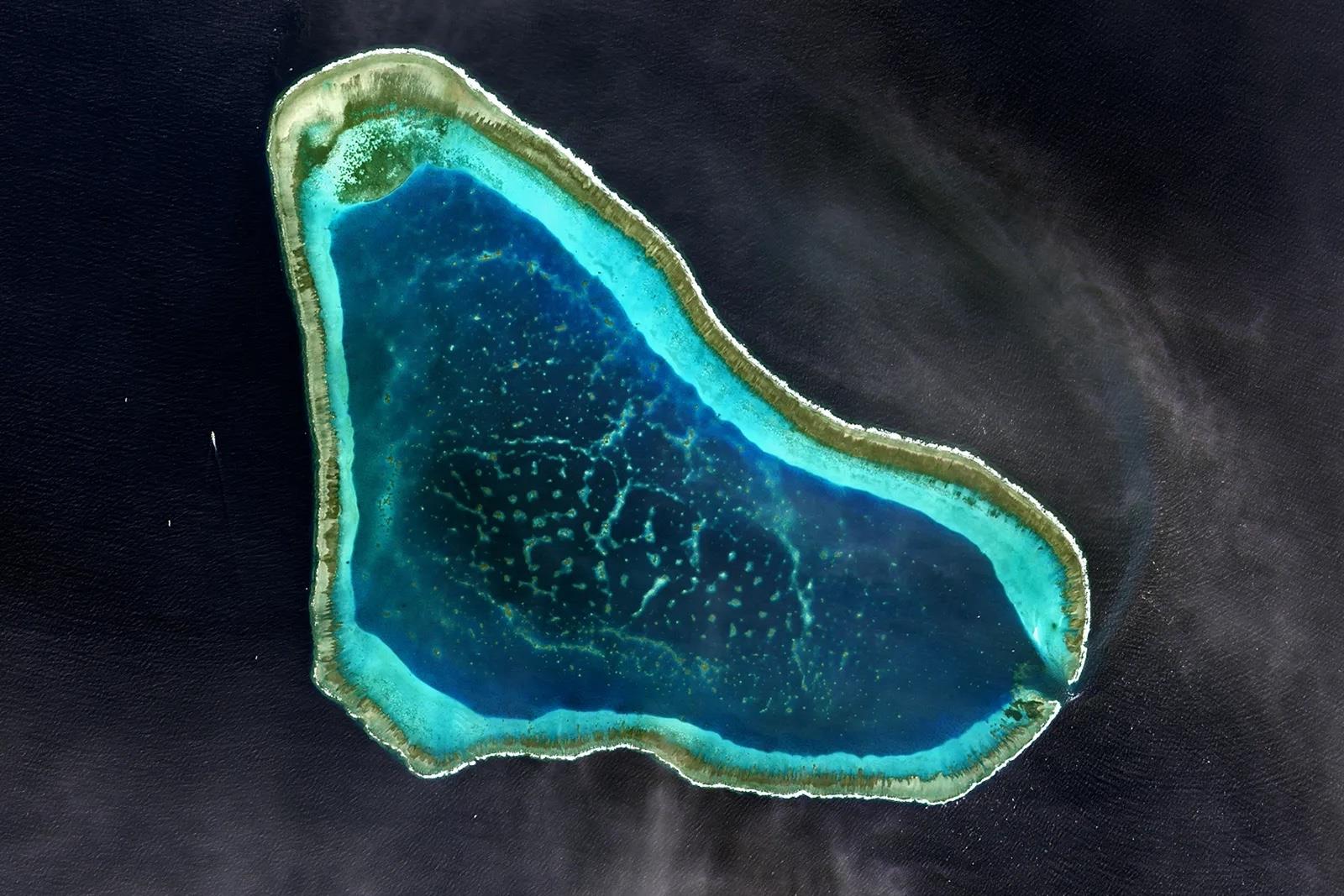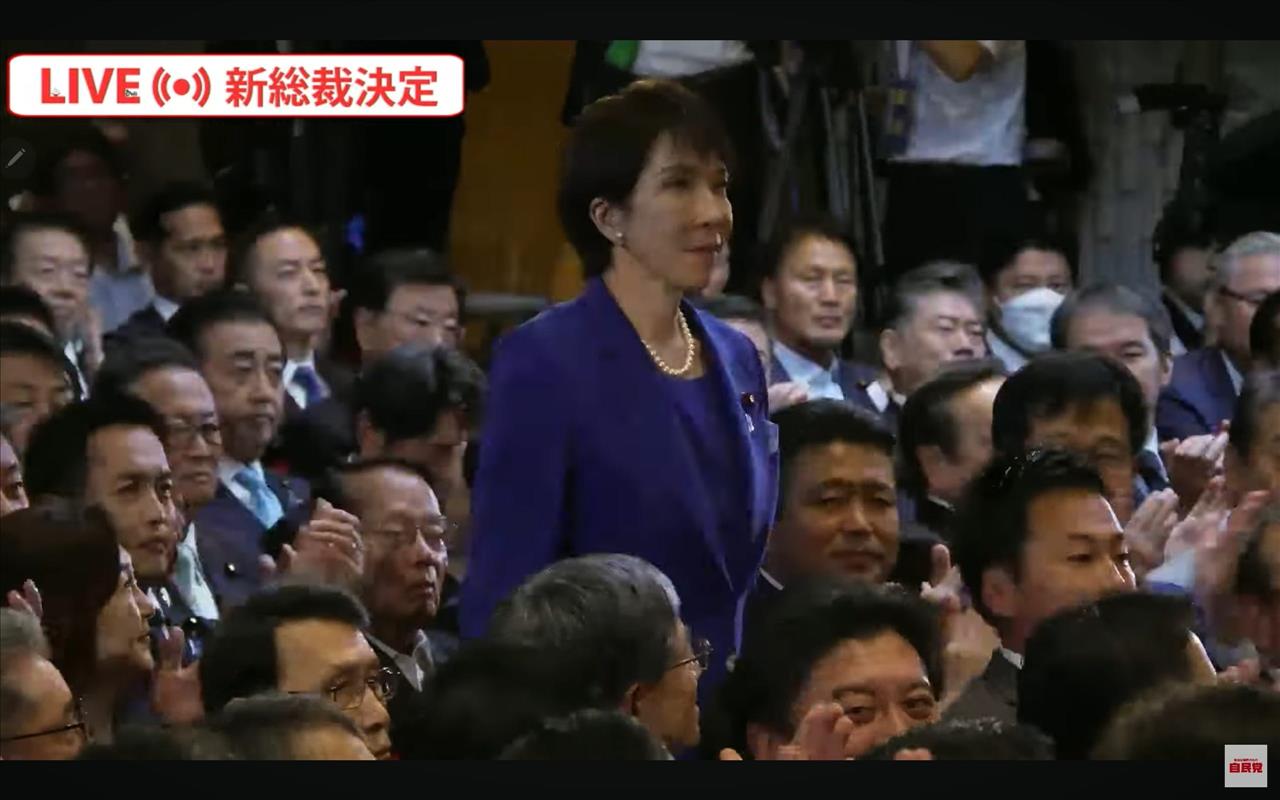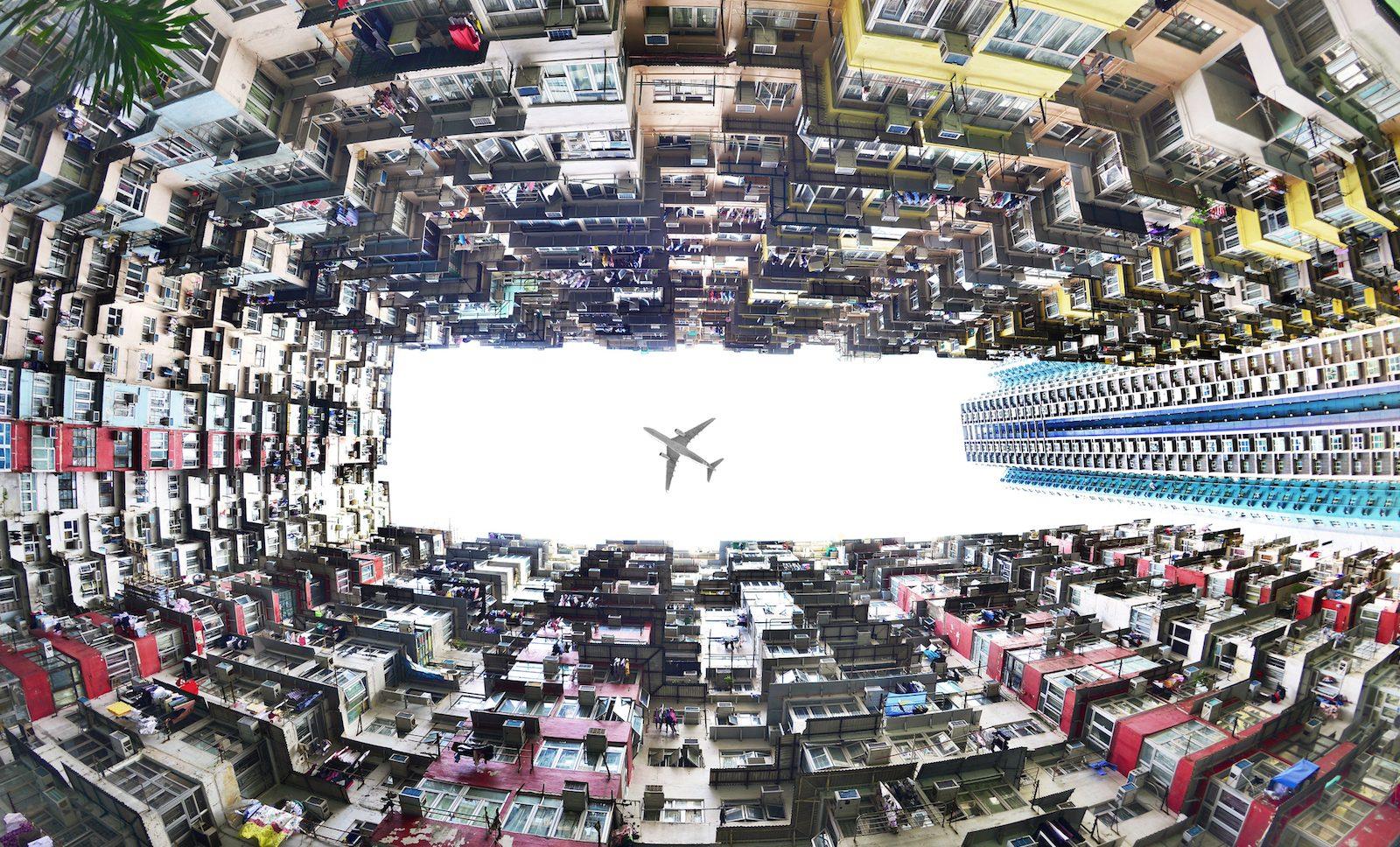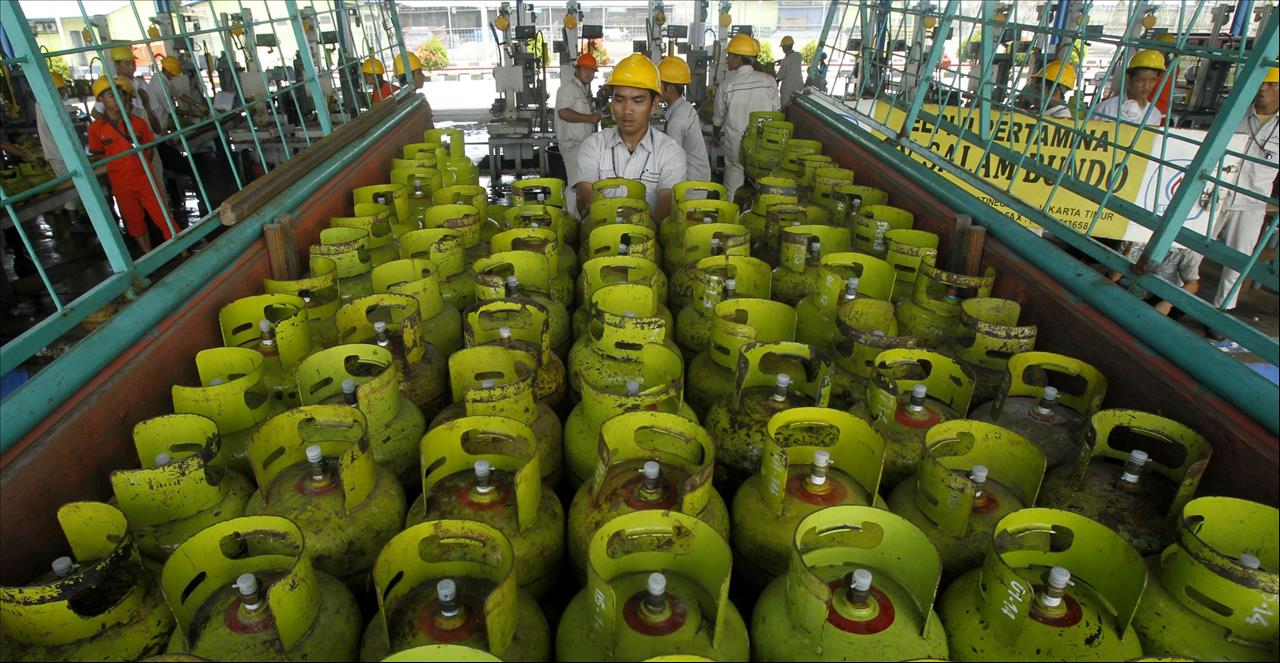
Why Oil-Rich Indonesia Imports Most Of Its Fuel
Despite being a notable oil producer, Indonesia relies heavily on imported refined petroleum products. Its aging refineries meet only about 60% of national demand, leaving the rest to be covered by gasoline, diesel and other refined imports.
Over the past three decades, the country has failed to build new refineries at the pace required, leaving its energy security fragile and its state budget burdened by subsidies and import bills.
Indonesia still does not have a newly built large-scale refinery, and much of its refined fuel supply continues to rely on imports from Singapore , Southeast Asia's largest refining hub with over 1.5 million bpd of capacity.
This dependence underscores Indonesia's structural vulnerability: without domestic refining expansion, the economy remains exposed to global price volatility and external supply shocks. The situation also highlights how Indonesia, despite being an oil producer, has yet to capture the full value of its resources due to a weak downstream sector.
To address this structural gap, the government is pushing large-scale refinery expansion . Plans include a 500,000 bpd refinery with an investment of roughly US$12.5 billion, alongside broader targets of up to 1 million b/d in added capacity. The goal is to reduce reliance on imports, retain value-added processing domestically, and stabilize national fuel supplies.
Refinery policy is deeply entangled with foreign policy. By insisting that crude be refined domestically, Jakarta aims to move up the value chain, signaling that it is not merely a raw-material exporter.
Latest stories
China ignites Scarborough Shoal flashpoint with bombers, ships

Rightwing Takaichi the victor in Japan's LDP leadership race
Geopolitics adds another layer: As a new member of BRICS, Indonesia now enjoys easier access to discounted Russian crude , a privilege already leveraged by India and China. Yet without adequate domestic refining capacity, such opportunities risk being wasted, as cheap crude would still need to be processed abroad.
The stakes are visible in daily life. Indonesia's growing population, urbanization and mobility continue to push up gasoline and diesel consumption. In 2022, energy subsidies soared to 2.8% of GDP, equivalent to 551.2 trillion rupiah ($33.26 billion), straining fiscal space .
The supply vulnerability was laid bare in October 2025 when Shell reported that its fuel stocks would run out within days, with BP expected to follow suit by the end of the month. The government encouraged private operators such as Shell, Vivo and BP-AKR to buy from Pertamina to secure domestic supply and optimize refinery utilization.
Negotiations broke down, however, partly due to Pertamina's fuel containing 3.5% ethanol, which private operators feared could affect product quality and brand reputation. The result was supply disruption and temporary scarcity, a reminder that integrating domestic production with private distribution is critical to preventing repeated crises.
Parallel to refinery expansion, Indonesia is advancing its B50 biodiesel mandate to reduce diesel imports, stabilize the rupiah and absorb domestic palm oil output. The program is expected to cut billions of liters of diesel imports annually while positioning biofuels as a pillar of the green transition.
Yet the plan also faces challenges at the WTO, where Indonesia's palm oil has often been targeted in sustainability disputes.
Beyond refineries and biodiesel, untapped hydrocarbon reserves could be game changers. The Masela Block in Maluku, operated by Japan's Inpex , holds vast LNG potential to strengthen domestic supply and boost exports. The project also offers room for cooperation with Australia, which has expertise in carbon capture, utilization and storage (CCS/CCUS ).
Meanwhile, the Natuna Block , rich in gas, could become a cornerstone project through partnerships with China, which brings both technology and financing. Fully developing these blocks could help Indonesia shift from a refined-product importer to a country with a much stronger domestic energy base and regional bargaining power.
But infrastructure resilience remains a concern. Pertamina's facilities have suffered multiple fires in recent years, from the Dumai refinery in Riau (October 2025) to the Cilacap refinery (February 2025), the Balongan refinery in Indramayu (March 2021), and the Plumpang fuel depot in Jakarta (March 2023), the latter killing at least 14 people.
These incidents underscore that capacity alone is insufficient; safety, maintenance and governance are equally vital to national energy security.
Looking ahead, Indonesia's refinery strategy cannot rely solely on scale but must embrace sustainability. The government is promoting green refineries capable of processing bio-based feedstocks, aligning with its pledge to achieve net-zero emissions (NZE ) by 2060. This shift signals that refinery development is not just about reducing imports but also about embedding decarbonization into long-term planning.

Sign up for one of our free newsletters
-
The Daily Report
Start your day right with Asia Times' top stories
AT Weekly Report
A weekly roundup of Asia Times' most-read stories
Institutional capacity is also evolving. Danantara , Indonesia's new sovereign energy investment authority, plays a strategic role in refinery development. By mobilizing large-scale capital, Danantara can accelerate projects that were previously stalled due to financing gaps.
It is expected to reduce reliance on refined imports, generate jobs, foster industrial clusters and attract foreign partners, such as planned cooperation with US firms on modular refineries. As a manager of state assets, Danantara's mandate is to ensure that refinery investments deliver maximum returns to the national economy and underpin long-term energy independence.
Indonesia's energy security can only be achieved through refinery expansion and modernization, supported by diversified energy sources, biofuel integration, international partnerships and strategic investment management under Danantara. This approach will narrow the import gap, ease fiscal pressures, align with NZE commitments and elevate Indonesia's bargaining power in Asia.
If pursued consistently, it will ensure affordable and reliable energy for Indonesians while positioning the country as a regional energy player; if delayed, it risks recurring supply crises, heavier fiscal burdens and diminished leverage in a volatile global market.
Akhmad Hanan is an independent Indonesian researcher specialising in geopolitics and energy. He holds a Bachelor's degree in Oceanography from Universitas Diponegoro (UNDIP) and a Master's in Energy Security from Universitas Pertahanan (UNHAN) – the Indonesian Defence University. Follow him on X at @akhmad_hanan .
Sign up here to comment on Asia Times stories Or Sign in to an existing accoun
Thank you for registering!
An account was already registered with this email. Please check your inbox for an authentication link.
-
Click to share on X (Opens in new window)
X
Click to share on LinkedIn (Opens in new window)
LinkedIn
Click to share on Facebook (Opens in new window)
Facebook
Click to share on WhatsApp (Opens in new window)
WhatsApp
Click to share on Reddit (Opens in new window)
Reddit
Click to email a link to a friend (Opens in new window)
Email
Click to print (Opens in new window)
Print

Legal Disclaimer:
MENAFN provides the
information “as is” without warranty of any kind. We do not accept
any responsibility or liability for the accuracy, content, images,
videos, licenses, completeness, legality, or reliability of the information
contained in this article. If you have any complaints or copyright
issues related to this article, kindly contact the provider above.

















Comments
No comment